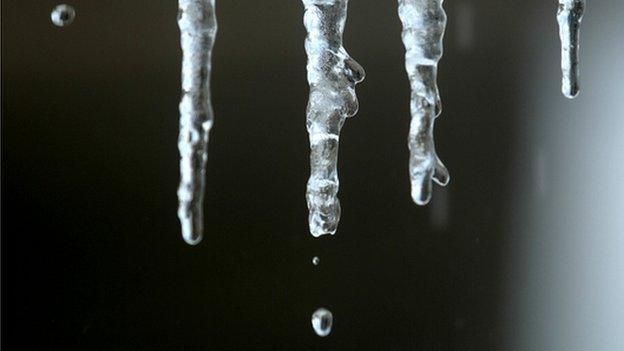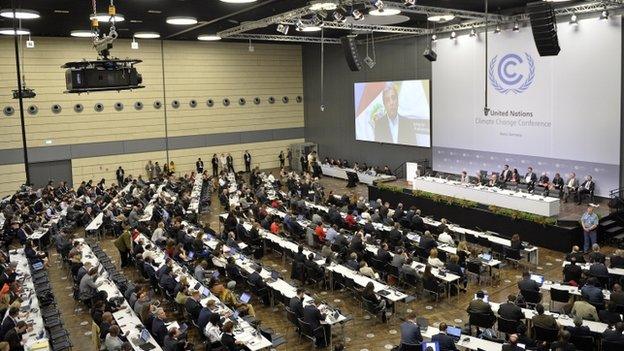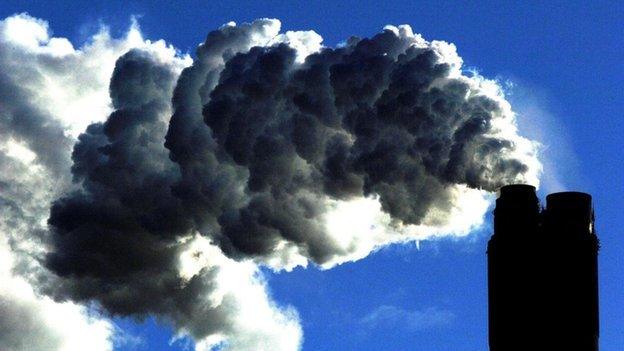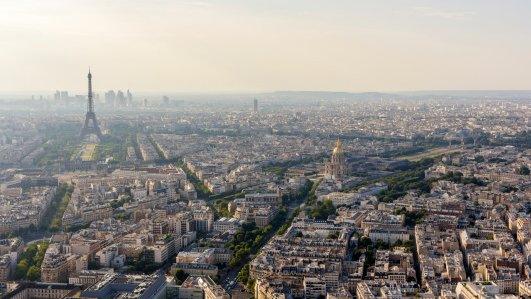The pain of producing a global climate change deal
- Published

"It's like having a baby, you don't know what it will look like until it is born."
Laurence Tubiana, French special representative for the 2015 Paris climate conference, external, used a surprising analogy in a news conference at the Bonn climate talks, external when asked what sort of agreement might be struck.
After almost two weeks of negotiations in the German city, progress towards a new international climate deal, set for inking in Paris, appears to be moving slowly.
If all goes to plan, the baby will come bouncing into the world on 11 December, no doubt accompanied by the chinking of glasses by heads of state.
And although failure is not a palatable option, the complexity of the task ahead presents enormous challenges.
Beside the meandering Rhine, at the World Conference Centre in Bonn, a milestone of sorts was reached, with the release of draft text that forms the basis of the agreement in Paris.
The text , externalfrom the last UN climate meeting in Geneva in February has been worked on in sessions, and slimmed down, external to 85 rather than 86 pages.
In a last-minute compromise, the two delegates chairing the talks have been given permission to shape the text further over the next month.
The hope is that they will produce something that can be taken back to governments.
Pick up the pace
Negotiators say progress has been made, but environmental groups and charities are keen for them to pick up the pace.
Ironically, although there was much talk at Bonn about streamlining the text of the nascent agreement, slimmer is not necessarily better.

Progress was slow in Bonn
If little consensus can be reached among the 200-odd countries involved in the process, it could result in a slimline document containing little that is legally binding.
If so, it will be up to those outside the framework of the United Nations to push climate change up the agenda.
Business, investors and civil society are all adding momentum to calls to limit global warming to 2C.
Issues such as equity and finance for developing countries are big stumbling blocks but there is growing optimism that another 10 days of talks scheduled for later in the year might shift diplomacy into a higher gear.
Admittedly, no-one I spoke to in the gleaming corridors of the UN campus had an answer to what the historic agreement might be in essence.
And there is much rhetoric about the Paris settlement being the start of the process, not the end.
Sorry for the cliche, but the birth of an international commitment to curb climate change after 2020 is promising to be a long and complicated labour.
- Published10 June 2015

- Published1 June 2015
